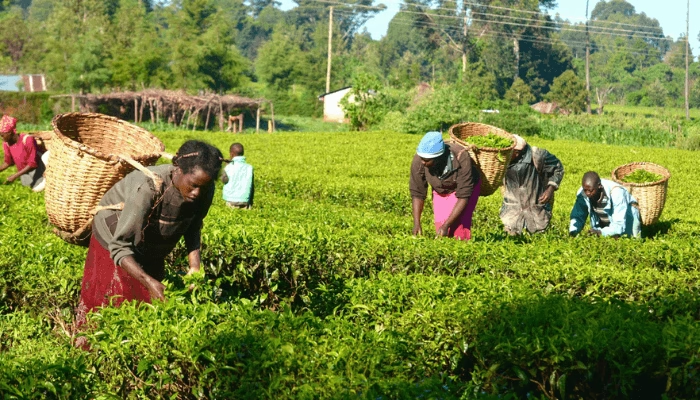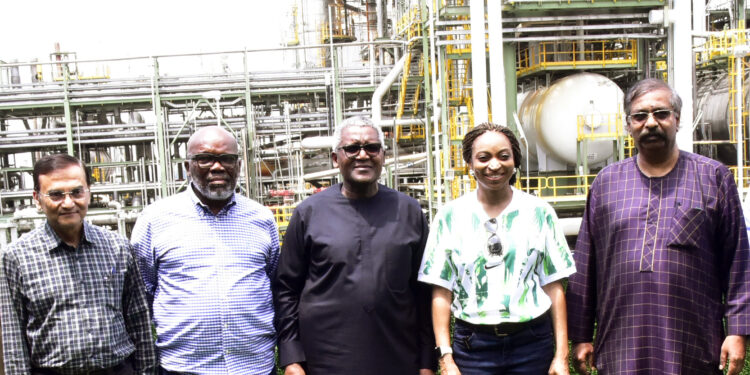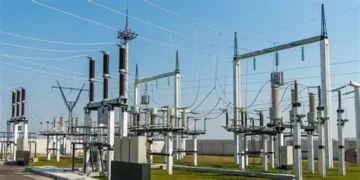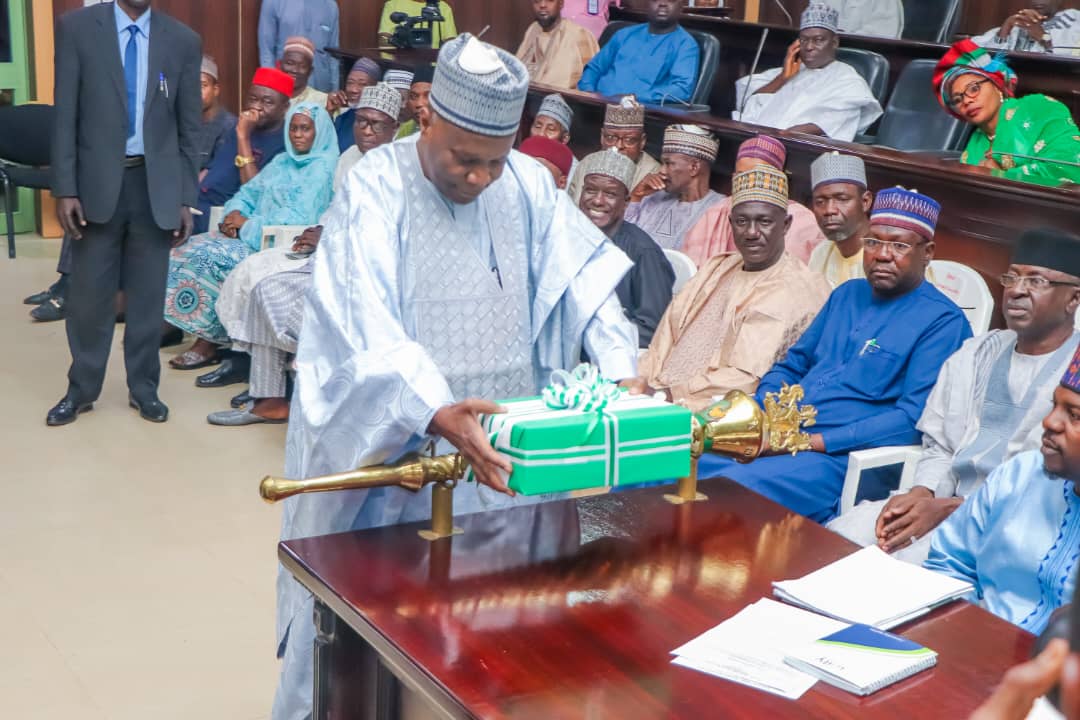Nigeria launches reforms to deepen private sector role in agriculture, improve food security, and attract investment across the Sahel region.
ROME — The Nigerian federal government has outlined a comprehensive set of reforms and programmes designed to deepen private sector participation in the country’s agricultural sector and enhance food security across the Sahel region.
Also read: Toyota Nigeria unveils plans for fuel-efficient, hybrid vehicles amidst economic shifts
Speaking at the FAO Hand-in-Hand Sahel Regional Initiative panel in Rome, Minister of Agriculture and Food Security, Senator Abubakar Kyari, presented strategic actions aimed at attracting sustainable investments and accelerating agrifood transformation in Nigeria.
Central to these efforts is the National Agrifood System Investment Plan (NASIP), which is being upgraded into a National Public–Private Investment Portal.
This digital platform will transparently showcase bankable investment opportunities across mechanisation, irrigation, storage, processing, logistics, and digital agrifood services.
Senator Kyari also announced a series of streamlined investment incentives, including targeted tax and import duty reliefs to encourage private investment. Risk-sharing facilities developed in partnership with international development organisations are set to further de-risk investments in the sector.
Additionally, the government is scaling up the Special Agro-Industrial Processing Zones (SAPZ) — Africa’s largest initiative of its kind — from 8 to 27 states. These zones will provide integrated infrastructure to reduce operational costs for agro-processors, stimulating industrial growth.
The Nigeria Postharvest Systems Transformation Programme (NiPHaST) was highlighted as a flagship programme to address the staggering N3.5 trillion lost annually due to postharvest inefficiencies, focusing on improved storage, cold chain management, and warehousing solutions.
Minister Kyari emphasised that robust public-private collaboration is vital to increasing production, fostering innovation, and delivering higher-quality investments in agrifood systems across the Sahel.
“The pathway to upscale is to implement laudable agendas. Implementation is not abstract; it requires due diligence, smart governance, and unwavering political will,” he said.
He reiterated the Ministry’s commitment to turning policies into actionable projects that create jobs, feed families, and empower communities.
Under the leadership of President Bola Ahmed Tinubu, Nigeria pledges to foster an enabling environment for both local and foreign investors.
Also read: Nigeria unveils plastic waste reverse vending machines to boost recycling, economy
“We will work hand in hand with the FAO, IFAD, AfDB, the World Bank Group, ECOWAS, and the private sector to turn investment promises into concrete projects that feed families, create jobs, and strengthen food sovereignty,” Kyari assured.
Source: Read more at tvcnews.tv





























